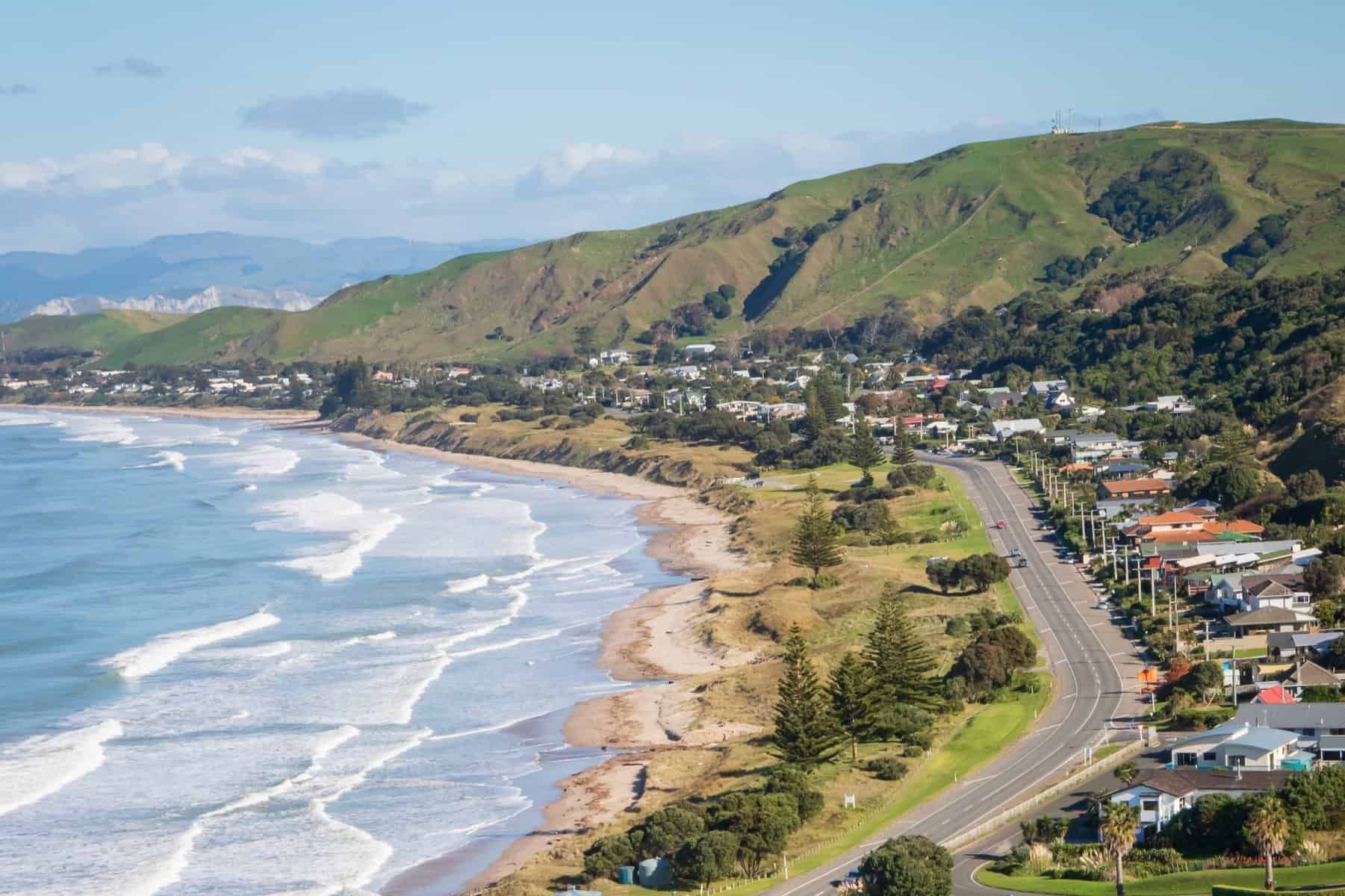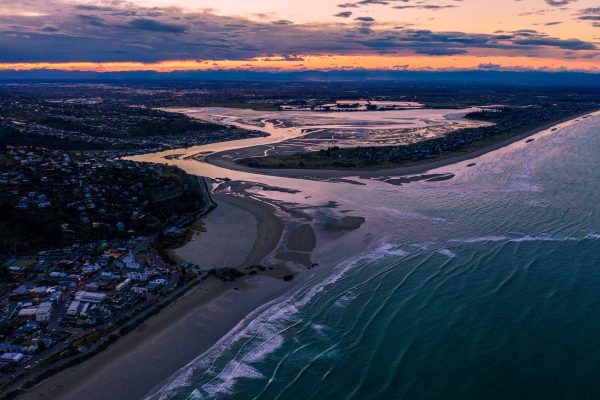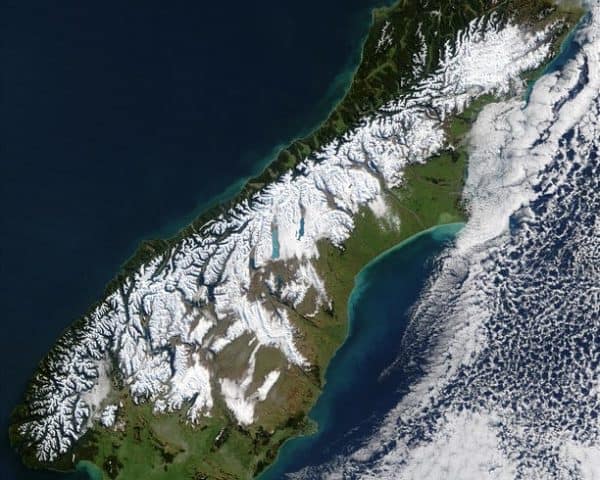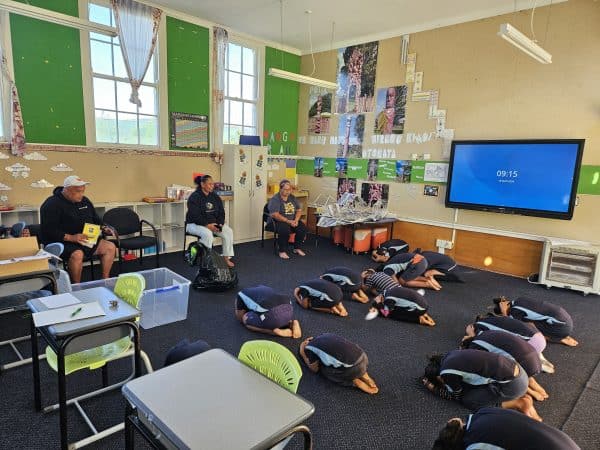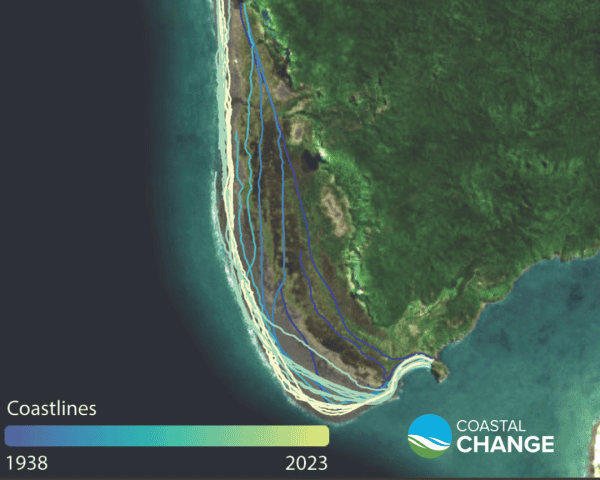Recommendations from the 2021 report Enabling Coastal Adaptation: Using current legislative settings for managing the transition to a dynamic adaptive planning regime in New Zealand were an input in the development of the Ministry for the Environment’s paper Community-led retreat and adaptation funding: Issues and options which is relevant to the drafting of the Climate Adaptation Bill. The report was co-authored by Dr Judy Lawrence of Te Herenga Waka Victoria University of Wellington as part of our Coastal Adaptation workstream.
In March, Dr Lawrence organised a symposium marking 10 years since New Zealand introduced dynamic adaptive pathways planning approaches to climate change decision-making. The event brought together practitioners and experts to share lessons learned over the last decade of research and practice using Dynamic Adaptive Pathways Planning and associated tools. The symposium was a collaboration between Deltares Institute in the Netherlands and the Climate Change Research Institute at Te Herenga Waka, with support from RNC, the Deep South National Science Challenge and MfE. A report has been released summarising key learnings.
Timely new research on managed retreat from our De-risking Resilience team, led by the University of Waikato’s Prof Iain White, has been able to inform public discussions in the aftermath of the extreme weather events earlier this year. The team wrote an op ed in The Conversation and the NZ Herald featured Q&A with Dr Christina Hanna. By analysing academic research, government reports, and policies, the researchers traced the historical and political context in which managed – and unmanaged – retreats have evolved in Aotearoa. The researchers suggest a close examination of these past events will help guide the difficult decisions ahead. The team have also been providing advice to government officials involved in drafting the new legislation.
Independent kairangahau Lara Taylor (Te Arawa, Kahungunu) of our Whanake te Kura I Tawhiti Nui programme has been working with Papa Pounamu (the Māori Special Interest Group of the New Zealand Planning Institute) to progress Māori resistance and resilience through the planning reforms. The collective is working to bring about a Te Tiriti-centric planning system that works for te taiao and communities. Last year we reported on submissions made by the collective during consultation processes.
This year Lara has convened a series of online wānanga, and a noho wānanga held at Ohaki pā in Waikato, for the group to support each other and workshop experiences, ideas and aspirations. The group has also engaged with MfE, but on their terms. Lara convened a half-day online hui in May between MfE officials and Papa Pounamu members, with close to 100 attendees. Lead officials presented on key topics of interest to Māori, with space created for breakout room discussions amongst the Māori attendees, and open kōrero with all attendees.
Built Environment team researchers led by the University of Canterbury’s Prof Tim Sullivan are actively supporting the New Zealand Seismic Risk Working Group (SRWG) as it works to propose changes to earthquake loadings requirements for buildings. The benchmarking work undertaken by the team is being referred to by the SRWG, as are research findings into soil-structure interaction and the seismic performance of non-structural elements.
In addition, a new method for simplified estimation of seismic losses has been formulated by Prof Sullivan and Amirhossein Orumiyehei. This tool enables code and guideline writers to quickly gauge the impact of changing design criteria on seismic losses. It is already being used to assist the Engineering NZ Low-Damage Design group in setting suitable performance objectives for low-damage buildings.
Gradon Diprose of Manaaki Whenua and our Enhancing Resilience and Wellbeing workstream has been researching food security and food resilience as it relates to disasters. The Aotearoa Food Rescue Alliance has drawn on the team’s research on the social return on investment (SROI) for food rescue to demonstrate the social, economic and environmental impacts of food rescue in Aotearoa.
The SROI demonstrates that for every $1 invested in food rescue, $4.50 of social value is created in return. The results have been shared extensively across the food rescue/food security sectors, and with the Ministry of Social Development and the Office of Prime Minister’s Chief Science Advisor. The finding is also featured in infographic form on the Alliance’s website. This work is also feeding in to cross-NSC advocacy for a National Food Strategy, and we’ll have more to report on this next year.
